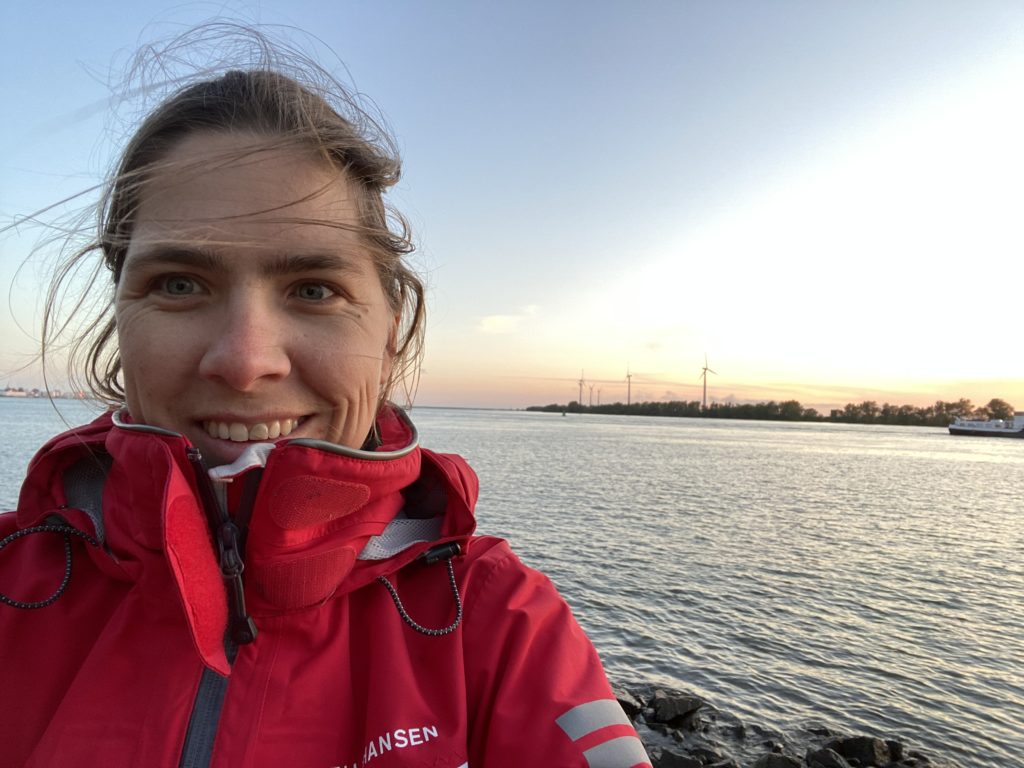Not much of a beach reader? Need something to keep you sharp while you or your colleagues are on a well-deserved break? RECEIPT has your back with our Reading Recs! This month, our experts compiled the latest discoveries that got them thinking. Sit back, relax and get inspired!

The great (climate) divide
“The climate crisis will create two classes, those who can flee and those who cannot”. It’s this striking headline by The Guardian that got Katie intrigued. While this article looked at migration resulting from climate change, in her work for RECEIPT, Katie looks at the societal repercussions of climate impacts on agriculture and on food production. To Katie, the headline could have been “The climate crisis will create two classes, those who have food and those who do not”.
Extreme inequalities in climate change vulnerability exist everywhere, from the international to the household level. These vulnerabilities can take different forms, from risking losing a home to sea level rise, to food insecurity due to droughts, or loss of income following hurricanes. Katie believes that “the climate crisis requires solidarity in communities, in supply chains and in global trade.” Want to learn more about inequalities in climate vulnerability?
We explored the topic, looking at how COVID-19 exposed some of these inequalities, have a look!

Climate vs weather
Robin recently read “Angry Weather” by Friederike Otto in which he learnt about attribution science. It explores whether, and to what extent, specific disasters can be attributed to climate change. Robin is working to project historic hurricanes and their economic impacts to future climate scenarios. So, identifying the role of the climate in these events shapes his research. Attribution is also important for climate change adaptation and mitigation. “Understanding which events are caused by climate change can help us mitigate them and adapt to future ones,” Robin concludes.
Interested by climate attribution? Check out this talk on the topic by Friederike Otto.
Looking for purpose?

Like many scientists, Karin often wonders how her work in climate science helps us fighting the global emergency. This is a question Karin takes especially seriously as she works for a governmental institute that’s at the service of society. To produce local climate change scenarios like Karin is doing, two essential elements need to be present. These scenarios need to be based on the latest scientific knowledge, which comes naturally to most scientists. But these scenarios also need to be directly useful and applicable in decision-making. “In my experience, this requires very motivated people on both sides of the table, willing to learn and understand each other’s working-world,” Karin says. That’s why Karin recommends reading the essay “Useable climate science is adaptation science” by Prof. Adam Sobel. The essay invites the reader to consider their work and take a small step towards increased usability.
Stay tuned for our next reading recs!
Published on : 03 August 2021
